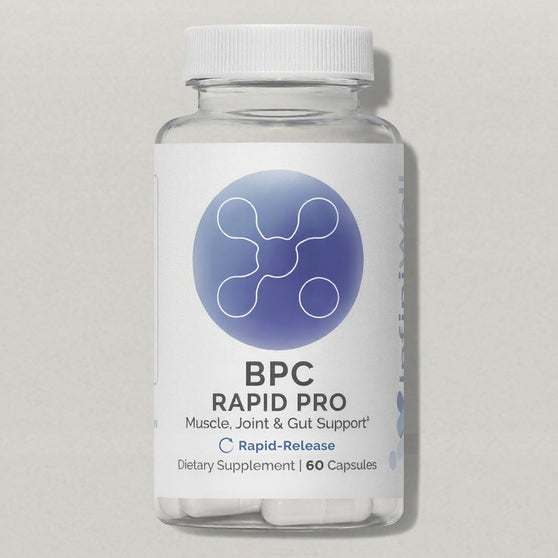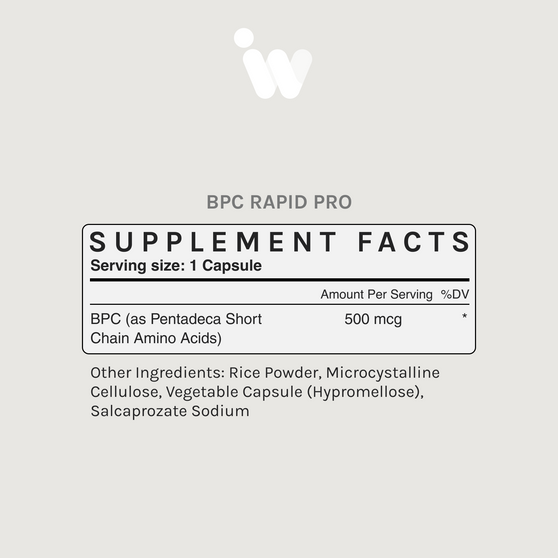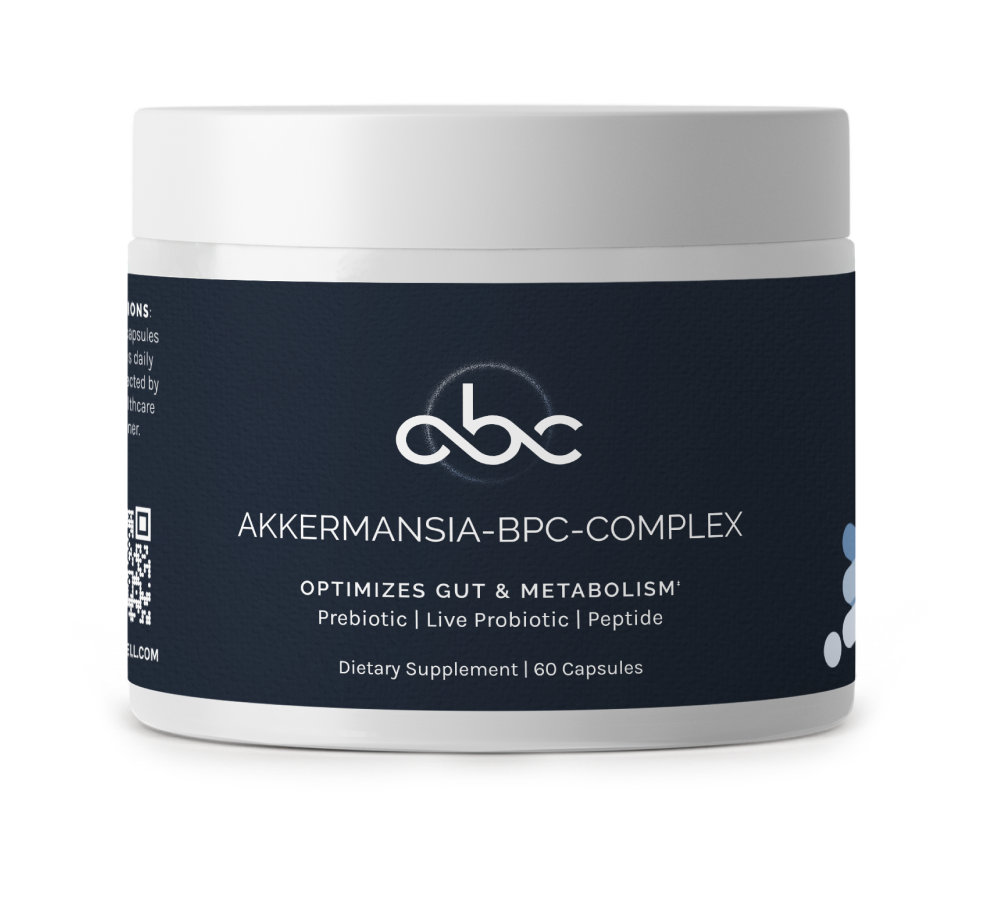When we think about improving our brainpower or learning abilities, eye health isn’t usually the first thing that comes to mind. But our eyes do more than just help us see—they’re closely tied to how our brains function.
Imagine someone navigating a busy city street. Their eyes are constantly taking in details like moving cars, traffic lights, and pedestrians, instantly relaying this information to the brain to make split-second decisions and keep them safe. This connection between sight and processing highlights how integral eye health is to cognitive function and decision-making, creating a direct link between what we see and how we respond.
A key factor in this eye-brain connection is something called Macular Pigment Ocular Density (MPOD). While MPOD plays a crucial role in protecting our vision, research suggests it’s also linked to cognitive performance and overall brain health.
So by taking care of our eyes, we may be giving our brains a boost, too.
What exactly is MPOD and how does it influence the brain?

MPOD measures the concentration of pigments in the macula—the central part of the retina at the back of the eye.
The macular pigment, which serves as a protective layer for the eyes, is primarily composed of the carotenoids lutein and zeaxanthin, which are antioxidants found in dark leafy greens like spinach and kale, as well as in colorful foods like corn, yellow peppers, and egg yolks.
The macular pigment provides two essential benefits:
- Blue light filtering: Lutein and zeaxanthin help filter out harmful blue light, which can otherwise damage sensitive cells in the retina, potentially preventing long-term vision issues.
- Antioxidant defense: As powerful antioxidants, these carotenoids neutralize free radicals that can harm retinal cells.
Interestingly, lutein and zeaxanthin are also present in areas of the brain involved in cognitive processing. Research suggests that higher concentrations of these pigments in the macula (indicated by higher MPOD levels) are associated with improved cognitive functions, such as memory, processing and perceptual speed, and executive function—even in children. It’s similar to upgrading a computer’s processor—everything just runs more smoothly.
But it doesn’t stop there. Higher MPOD isn’t just about faster thinking; it’s also linked to improvements in cognitive abilities related to learning. Studies show that individuals with higher MPOD levels perform better in tasks involving phonemic fluency, attention switching, and both visual and verbal memory. Essentially, taking care of your macular health could make everyday mental tasks easier and more efficient.
How to boost MPOD levels
So, how can you increase your MPOD levels to reap those cognitive benefits?
Luckily, it’s easier than you might think.
Watch what you eat
One of the most effective ways is through nutrition. Choosing foods rich in lutein and zeaxanthin—the two main pigments in the macula—can help increase MPOD levels.
Here are some examples:
- Leafy greens like spinach, kale, and collard greens
- Broccoli, peas, zucchini, and corn
- Egg yolks, which contain both lutein and zeaxanthin in a highly absorbable form
- Colorful veggies like yellow peppers and pumpkin
- Fruits like kiwi, grapes, and oranges
Add fatty fish to your diet
Fatty fish—such as sardines, salmon, and mackerel—are packed with omega-3 fatty acids, which support retinal health and brain function. Omega-3s help maintain the structural integrity of retinal cells, protecting against age-related decline and mild cognitive impairment.
Including fatty fish in your diet provides a natural, balanced way to get these essential fatty acids. Aim for two servings per week to gain the eye and brain health benefits of omega-3s.
Consider supplements
If vegetables and fish aren’t your favorites—or if a busy lifestyle makes it challenging to get enough nutrients through diet alone—there are still plenty of options to support your eye and brain health.
Supplements containing essential nutrients like lutein, zeaxanthin, vitamin E, and omega-3s can offer similar benefits, making them an accessible way to boost macular and cognitive health even when time or food preferences get in the way.
The best supplements for eye and brain health
To support both eye and brain wellness, certain supplements—often referred to as "brain supplements" or "supplements for memory"—have shown promising benefits. Here’s a breakdown of some of the best options:
Lutein and zeaxanthin
Lutein and zeaxanthin work together to strengthen the MPOD shield—essentially reinforcing the protective layer in your eyes and making it more resistant to harmful light. By regularly taking supplements containing these nutrients, you’re not only giving your eyes the backup they need to fight off potential threats, but you're also improving memory and cognitive function.
Of course, it’s always best to check with your doctor before starting any new dietary supplement regimen.

InfiniWell's FOCUS supplement combines lutein and zeaxanthin with other powerful natural ingredients to support both eye and brain health. These nutrients work together to provide comprehensive benefits:
- Optimized cognitive processing and brain function
- Support for both short-term and long-term memory retention
- Defense against blue light exposure from screens
Polyphenols
Polyphenols, such as resveratrol, pterostilbene, and curcumin, offer powerful support for both brain and eye health. Resveratrol and pterostilbene are known for their potent antioxidant properties, helping protect cells from oxidative stress, which is essential for cognitive function and visual wellness.
Curcumin, derived from turmeric, has additional protective benefits that support brain cells and retinal health. Together, these polyphenols contribute to memory, cognitive sharpness, and long-term visual acuity.
Vitamin D
Vitamin D is essential for healthy brain function and is commonly found in memory supplements. Research suggests maintaining adequate vitamin D levels may help protect against cognitive decline. Whether obtained through sunlight, fatty fish, or dietary supplements, this nutrient supports both mental performance and overall wellness.
L-theanine
This amino acid, naturally found in green tea, promotes calm focus and enhances mental clarity. L-theanine may also reduce stress and improve cognitive function, making it beneficial for sustained focus and mental performance without drowsiness.
L-theanine, a key ingredient in InfiniWell's calm and focus supplement, CALM, helps create a state of relaxed focus. Paired with DHH-B and other calming compounds, this formula supports both mental clarity and emotional equilibrium.
Benefits of InfiniWell's CALM supplement:
- Promotes stress relief and relaxation
- Helps maintain emotional balance and a positive mood
- Supports brain cell health
- Improves mental clarity and concentration
Ashwagandha
As an adaptogen, ashwagandha strengthens the body's ability to handle stress while fostering mental tranquility. Research shows it can enhance memory, attention, and cognitive processing speed, making it valuable for both mental performance and stress management.
Check alternative approaches to eye health
In addition to modern supplements, traditional Chinese medicine (TCM) offers alternative approaches to eye—and by extension, brain—health. Here are a few popular TCM remedies:
- Goji berries (wolfberries): Rich in antioxidants including zeaxanthin and lutein, goji berries contain compounds that may support eye health and protect against age-related vision changes. Their high antioxidant content helps combat oxidative stress in the body, which research suggests may benefit cognitive function and overall brain health.
- Chrysanthemum flower tea: Known for its cooling properties, this caffeine-free tea contains antioxidants like flavonoids and beta-carotene. It has been used for centuries to help relieve eye fatigue and support eye health, whether from reading, detailed craftwork, or, in modern times, digital screen use.
- Schisandra berries: These adaptogenic berries contain compounds that may support circulation and liver function. Traditional uses include helping reduce eye fatigue and support mental focus, particularly during periods of stress.
- Rehmannia root: This herb is available in two main forms: raw and prepared. The raw form is traditionally used to cool the blood and clear heat, while the prepared form (steamed or cooked) is used to nourish the blood, support healthy circulation, and maintain eye health, particularly in combination with other herbs.
As with any supplement, it’s always best to consult a healthcare professional before beginning a new regimen, particularly when combining traditional remedies with modern supplements.
Boosting eye and brain health: A holistic approach
Caring for your eyes goes beyond improving vision—it supports your cognitive well-being, too. By nourishing your body with essential nutrients like lutein, zeaxanthin, omega-3s, and traditional remedies such as goji berries and chrysanthemum tea, you’re taking a holistic approach to eye and brain health.
Whether through modern supplements or time-honored practices, the choices you make today can help you maintain mental sharpness, visual clarity, and a sense of calm focus for years to come. Remember, before starting any new supplement regimen, consult with a healthcare professional to find the best approach for you.
-
SOURCES





















